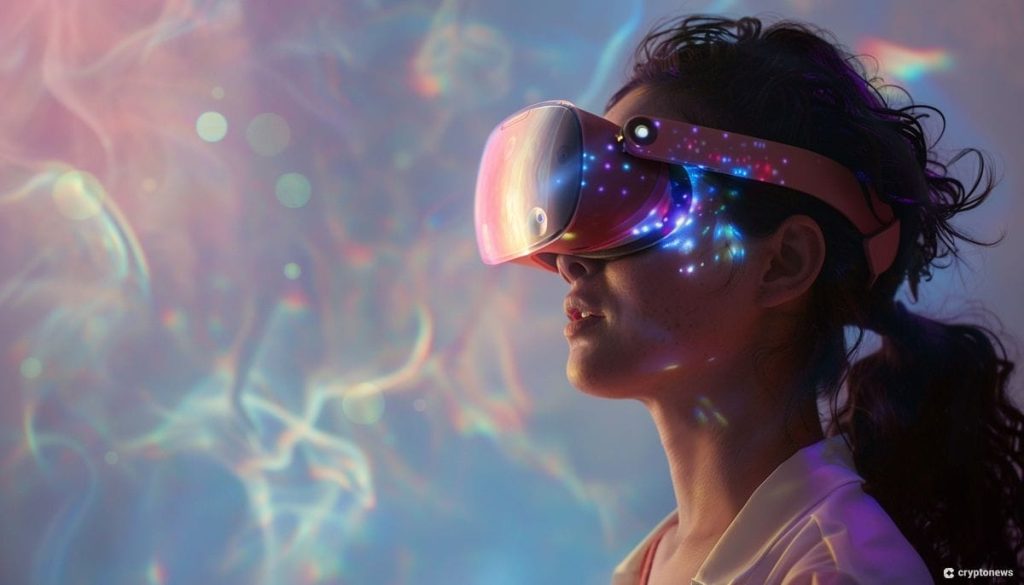Magic Leap and Google have partnered to develop new extended reality (XR) technologies, combining Magic Leap’s optics expertise with Google’s infrastructure. This collaboration aims to advance immersive experiences for developers and customers by blending the physical world with contextually relevant XR solutions. While Google has downsized its AR/XR teams and Magic Leap has faced setbacks, this partnership could bring positive implications for the metaverse space as a whole. The possibility of a new AR/XR headset challenging Meta and Apple’s dominance arises from this partnership, although the exact benefits for Google are not yet clear.
The partnership between Magic Leap and Google signifies the increasing importance of the metaverse and the competition to develop technologies that merge the digital and physical worlds. With companies like Apple and Meta heavily investing in metaverse initiatives, the collaboration between Magic Leap and Google introduces another player into the mix, potentially driving further advancements in the XR space. The potential development of new AR/XR technologies resulting from this partnership could pose a challenge to existing market leaders and reshape the competitive landscape in the metaverse hardware and experiences space.
The growing traction of the Metaverse concept has prompted significant attention and consideration of its investment prospects. The Metaverse represents a virtual universe where users interact with a computer-generated environment and other participants in real-time, utilizing technologies such as VR, AR, blockchain, and AI. The global metaverse market was valued at approximately $63.83 billion in 2022, with a projected CAGR of 44.4% from 2023 to 2030, potentially reaching $1.6 trillion by 2030. Companies like Meta, Microsoft, Tencent, and Nvidia are heavily investing in the metaverse to enhance their platforms and create innovative user experiences.
The partnership between Magic Leap and Google could lead to the development of a new AR/XR headset that could rival existing market leaders such as Meta and Apple. While Google’s AR/XR efforts have not seen significant success in the past, the collaboration with Magic Leap could provide the technological advancements needed to stay competitive in the rapidly evolving metaverse space. The partnership highlights the growing importance of immersive technologies that blend the physical and digital worlds, driving further innovation and competition in the XR space.
The significant growth of the metaverse market underscores the increasing interest and investment in technologies that enable immersive virtual experiences. Companies like Meta, Microsoft, Tencent, and Nvidia are pouring resources into metaverse initiatives to enhance their platforms and create new user experiences. The rising value of the metaverse market, combined with the potential for transformative technologies like AR and XR, has led to a competitive landscape where partnerships like Magic Leap and Google’s collaboration become crucial for staying relevant and driving innovation.
In conclusion, the partnership between Magic Leap and Google to develop new XR technologies reflects the expanding importance and investment in the metaverse space. The collaboration aims to enhance immersive experiences for developers and customers, potentially leading to the development of a new AR/XR headset that could challenge existing market leaders. As the metaverse market continues to grow rapidly, companies are increasingly investing in technologies that blend the digital and physical worlds to create innovative user experiences. The Magic Leap and Google partnership introduces a new player into the metaverse landscape, driving further advancements and competition in the XR space.


